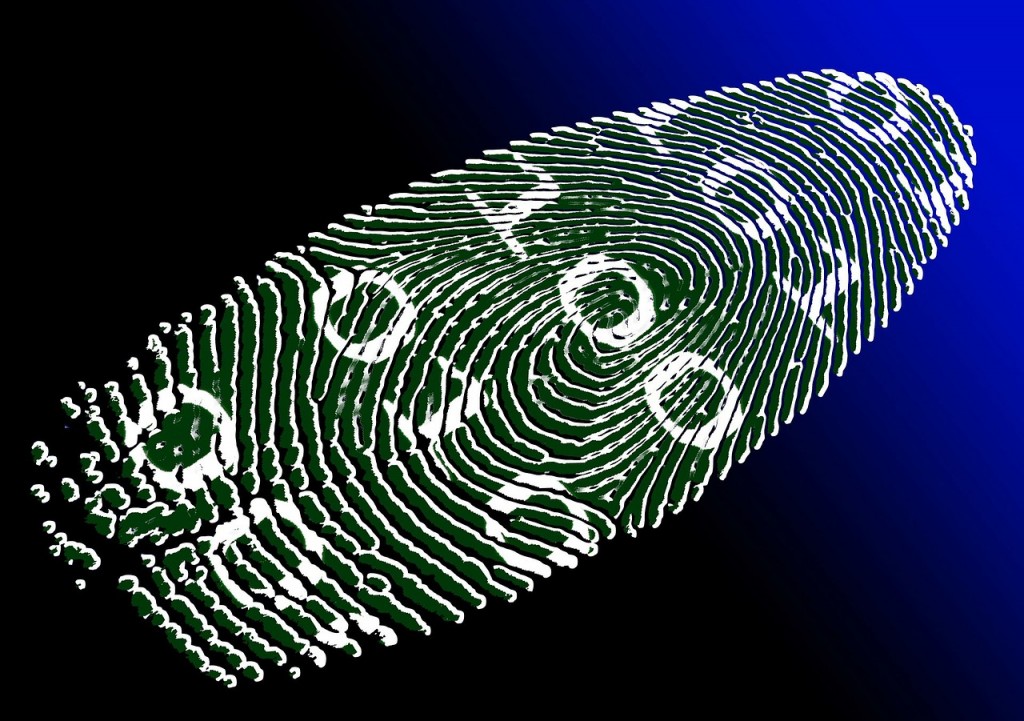
Just how much should we share images of our children on social media? When does it become too much? When does it appear boastful and when does it become a risk to our children’s health and wellbeing? What sort of digital footprint does this leave them?
These are points I’ve been pondering over the past couple of days, ever since Nominet issued the results of a survey into parents and their social media habits. The survey, carried out by The Parent Zone as part of Nominet’s Knowthenet web safety campaign, found that a child’s image will have appeared online 973 times by the time they reach their fifth birthday.
Let’s put that another way. That’s almost 200 images a year and more than one every other day.
I find that figure frightening. Firstly, that’s a massive digital footprint parents are unwittingly giving their children. That’s a digital footprint they’ll find impossible to control in later life. Secondly…who on Earth thinks their kids are that interesting??
Okay, so I have to tread very carefully here. I blog about my family’s life and use images of my kids. Even so, I think very carefully about what images I use and the context in which they are used. There’s also no way I’d publish 200 images in a year. I think you lot would start telling me to publish something else.
There’s an important question to ask here; what is acceptable? I totally understand people may wish to share an image of their child’s birthday party, their Nativity play or something similar. Camera phones and social media are a way of life. There’s no way mums and dads aren’t going to use this technology. Most of us have friends and family that we rarely see so why not publish the odd picture or video? It’s a great way to keep them in the loop as your kids develop and grow up, especially if they live overseas.
Even so, is it correct to share every single little success your child has? I say it isn’t. At some point they’re going to reach an age and realise their image is available online for the world to see. At that point oversharing puts huge pressure on a child to live up to unrealistic standards. It’s also uncouth. Some celebrations should take place quietly behind closed doors within the structure of the immediate family.
Doesn’t it also represent an unrealistic picture of family life? Let’s face it, people generally only share images of the good times.
Such oversharing could lead to dreadful difficulties for kids in adulthood. It’s standard practice for many employers to do a sweep of Facebook and other social media before offering a new recruit a job. Those hilarious pictures of Jonny being potty trained at the age of two aren’t quite so funny when you imagine a bunch of HR administrators crowded round a computer monitor laughing at them.
I’m all for sharing images of those rare, special occasions. Anything else, I feel, is too much.
What do you think? Am I just too conservative and boring? Do you ever think about the digital footprint you’re leaving your kids? Please do leave a comment below and tell me, I’d be interested in your opinion.
Just to give you advance notice, I’ll be publishing a blog post early next week about online security and teenagers.
Pic credit; Image sourced from Pixabay.com. Creator unknown. Reproduced under Creative Commons agreement. For more details about Creative Commons, see my Disclosure page.







9 thoughts on “When sharing isn’t caring”
A thought-provoking post, John. It’s a difficult issue as I suspect few of us will have encountered issues arising from our digital footprints (although there are stories aplenty in the media). Moreover I doubt anyone can conceive how data will be used in many years’ time that will affect our children. I take a more restrictive approach to sharing photos than most, limiting it mainly to select groups on closed social media. It’s not tagged so as to avoid a searchable footprint. Family and friends who want to see photos can and Tilly will hopefully be fully in control of her online content in the future when she needs to be.
I like your approach Dan. I may be slightly more liveral, but I still take steps to guard my kids’ digital footprints.
It’s a tricky issue. In some ways I’m surprised it’s *only* about 200 images a year, when I think about those of us (this includes me) who share photos freely on Facebook and Instagram as well as on our blogs.
I’m relatively relaxed, probably more than most, about our kids’ digital footprint. I think twice before sharing anything, let alone photos, and I try to steer away from anything that might embarrass them in later life. (I’ll save those for their 18th birthday parties, wedding receptions etc …)
I would also challenge/reassure anyone who gets too concerned that future employers will hold toddler photos of children in later life. Firstly, they’ll be in good company, but perhaps more importantly will anyone really go back 20 years or more to check out a person’s history. My company does use social media screening (it’s done by a third party recruiter, not by company staff) for prospective employees, but it’s done only at a surface level – a quick look at recent Facebook and Twitter updates, say, to get a feel for the type of person they are as an adult and whether they conduct themselves professionally. Okay, Facebook didn’t exist when I was a child, but while I can see an employer frowning upon a candidate who has expressed racist or extreme political views in the past few months or posting drunken selfies of themselves, I genuinely struggle to see how a picture of them potty-training when they were 2 will have any significant bearing on anything.
Thanks for commenting Tim. I have long struggled with the whole social media thing. If I’m to be totally honest, I’ve got really concerned about it after seeing some recent dreadful examples. One invovled kids in a school environment / wearing school uniform without the parent’s permisison having been requested. Another invovled individuals with mental health issues being placed in a position where images of them were placed online by someone who should have known better. The resulting images were of shocking quality and were removed only when the images in question were beginning to attract unsympathetic comments.
Always great to get an alternative view though Tim.
i didn’t go online until around 2009 and by that time my youngest of 5 was 10. By the time he was 14 he said no more photos. Now aged 16 he lets me take his picture and I’m allowed to post now, but there is a condition. I’m not allowed to tag him on FB as he doesn’t want the images showing on his timeline, due to not wanting silly comments from his mates.
Ah, now you have the added complication of teenagers. That’s a whole different set of rules! At that age you’ve got to make sure what they’re posting is sensible and appropriate.
Pingback: Cyberbullying | Dad Blog UKCyberbullying - Dad Blog UK
I’m here from a link in your #PoCoLo post this week, which I will also be reading. But I found this post quite interesting. I started using the internet in 1999, and back then it was rare to sign up to anything with your real name – chat rooms and very early social media like Bolt.com were always fairly anonymised. It was Facebook or Bebo that was the first platform I signed up to with my own name instead of a gimmicky username, and added real life friends and family. It was a big leap for me, and looking back its scary to see how much of my own footprint must exist since that point. That’s been only 8 or so years, so it’s quite mind boggling to think how much of our kids’ lives will be out there by the time they’re 16 or 20 or middle aged!
Oh yes, when you think about it, we must all have a massive digital footprint! Especially us bloggers. Eeek.